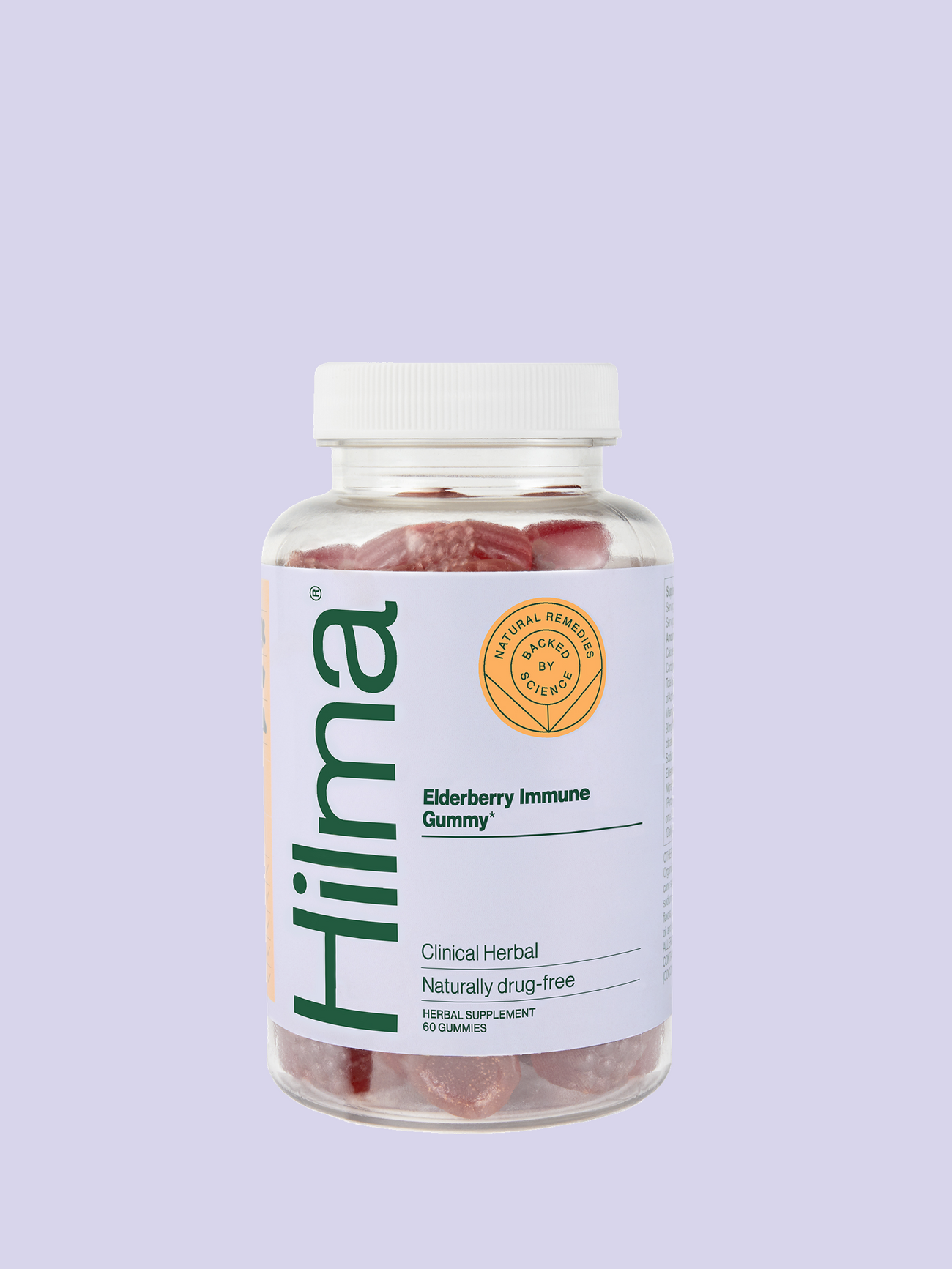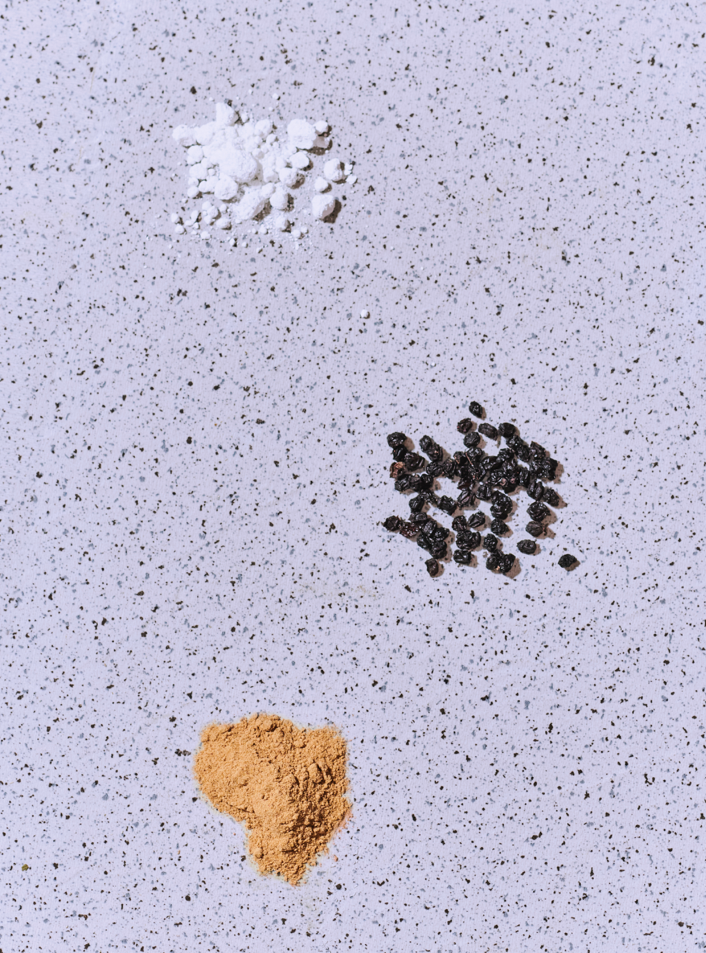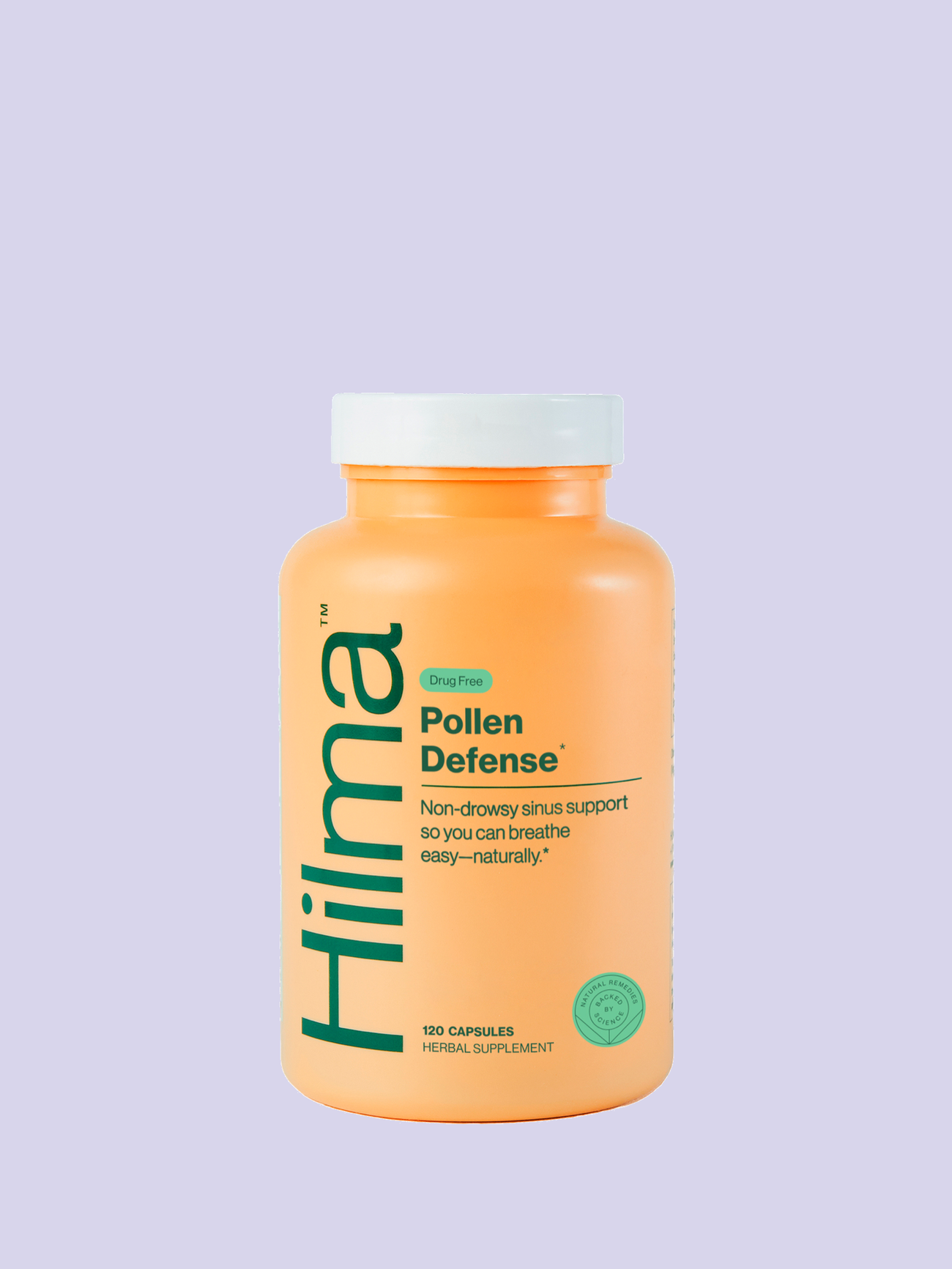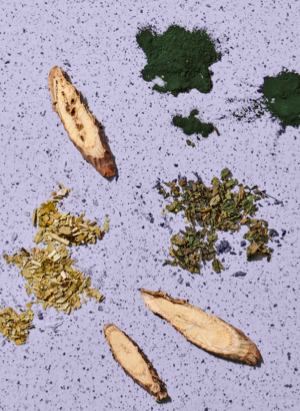
You might know Tinospora better by one of the many other names it goes by: Gaduchi, gilloy, heart-leaved moonseed, amrita. Whatever you call it, it’s a little bit of a wonder-plant used commonly in Ayurvedic medicine to treat a wide range of ailments including diabetes, high-cholesterol, arthritis, hayfever, ulcers, as well as for general immune support.
So, should we all be adding a little more Tinospora into our lives? Let’s look at the history, science, and benefits to find out.
The History
Traditionally found throughout China and parts of India, the tinospora cordifolia plant is a large, climbing shrub, whose roots, stems, and leaves are all used in Ayurvedic medicine. In Hindi the plant is called Giloe, a mythological term that refers to an elixir responsible for keeping celestial beings eternally young. Historically, Tinospora has been used throughout India in all kinds of traditional medicine; different communities use the plant to alleviate different ailments.
Tinospora today is largely used to promote immune system and sinus health, as well as to keep allergy symptoms at bay.
The Benefits
Tinospora is composed of many different chemicals, including some with antioxidant effects.This has been shown to decrease sneezing, nasal discharge and an itching, stuffy nose. It is most commonly taken in a capsule, and acts as a go-to for many with sinus issues.
The Science
Research on Tinospora done by scientists at the Indira Gandhi Medical College in Nagpur, India, found that people who suffered from allergies and took tinospora for eight weeks had a strong decline in allergy symptoms. In fact, 100% relief from sneezing was reported in 83% of the patients who took the treatment in the study. Similarly, 69% reported relief from nasal discharge. We’ll take those odds. Current research suggests that Tinospora’s immune enhancing activity comes from its ability to support macrophage activity—meaning stimulating the immune system which in turn helps reduce inflammation.
Point being, Tinospora is a pretty safe bet for handling allergy symptoms that might be keeping you down.
Footnotes
- U.S. National Library of Medicine
- RxList
- WebMD
- U.S. National Library of Medicine
- International Immunopharmacology
This information is for educational purposes only and should not be taken as medical advice. Please consult a physician before treating any disorder.




